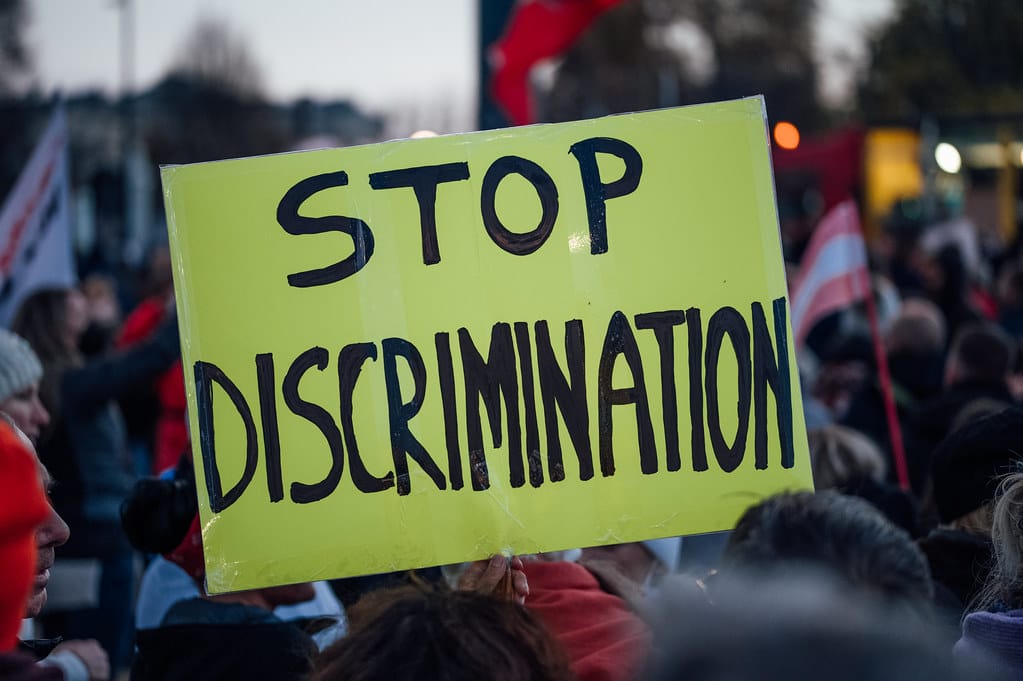Wireless Trade Groups File Suit Against FCC Digital Discrimination Order
The suit filed Tuesday marks the third legal case to target the FCC’s digital discrimination rules since adopted in November.

WASHINGTON, March 1, 2024 – A group of wireless trade associations filed Tuesday for judicial review of the Federal Communications Commission’s recent digital discrimination order, arguing that the order is contrary to law and exceeds the FCC’s statutory authority.
Led by the Wireless Infrastructure Association, the suit filed with the United States Court of Appeals for the Eighth Circuit marks the third legal case to target the FCC’s digital discrimination rules since being adopted in November.
The petition filed by WIA in conjunction with the Power & Communications Contractors Association, and NATE, the Communications Infrastructure Contractors Association, underscores the concerns of the petitioners regarding the FCC order.
These concerns encompass the order's expansive definition of "covered entities," which encompasses not only broadband providers, but also contractors hired by broadband providers and entities responsible for maintaining and enhancing network infrastructure, among others.
“The infrastructure owners and contractors represented by WIA, NATE, and PCCA do not sell service directly to end-users and therefore do not have the ability to control the place and manner of broadband access,” states the petition.
The petitioners contend that certain FCC regulations that might hold the trade associations’ members liable are in conflict with section 60506 of the Infrastructure Investment and Jobs Act. This section of IIJA mandated the commission to adopt rules by November 2023 ensuring equitable access to broadband, thereby preventing digital discrimination based on income, race, ethnicity, color, religion, or national origin.
“The FCC assumes, via the order, unprecedented authority to regulate the broadband internet economy,” asserts the petition. “The order demonstrates the FCC’s failure to retain sight of the scope of its mission assigned by Congress.”
Additionally, the groups contend that the new rules are unreasonably vague, making compliance potentially impossible.
The suit comes after cable-affiliated internet service providers petitioned for review of the rules in mid-February. Before that, the U.S. Chamber of Commerce along with two Texas-based business groups initiated legal action against the FCC in January, claiming the digital discrimination rules were overbroad in “covering nearly every business practice related to providing access to broadband – including pricing.”
The FCC's new digital discrimination rules ban service providers from broadband discrimination by implementing a “disparate impact” standard. This standard aims to hold internet service providers accountable for practices that result in unequal broadband access among marginalized groups, irrespective of the providers’ intentions.
The FCC's new digital discrimination rules take effect on March 22, according to the Federal Register.










